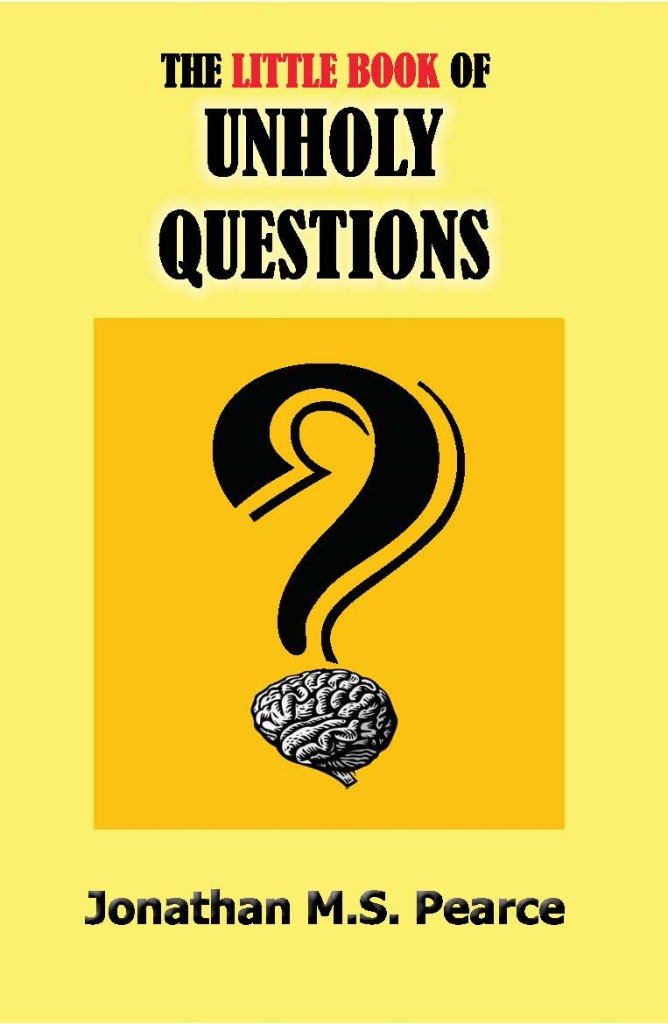A interesting quote came in from Marcus Ashes the other day upon which I would like to expand. He said:
I haven’t read the book yet but does anyone know if it talks about the age problem with regards to Christianity?
For example Christopher Hitchens died at the age of 62 and according to christianity is burning in hell now. However Richard Dawkins, Stephen Hawking etc. are in their seventies now and still atheists.
My question is is it unfair for them to live longer lives and have more time to get right with jesus?
We all live to be different ages so have varying amounts of time (sometimes considerably) to become christian and as I said get right with jesus.
Thoughts?
This is a simple and effective point. The issue is with God’s fairness. So God has a mix of people, some very good, some very bad, some who believe strongly, others who don’t. These people seem to live at different lengths According to the Old Testament, do-gooders of the time lived to incredibly ripe old ages of 930, or some other such nonsense. 
We have a scenario of bad people being allowed to live longer and do more evil on account of their longevity than some thoroughly nice people whom God has seen fit to allow to die at young ages.
This sort of odd, higgledy-piggledy approach is something which we would utterly expect under naturalism. That’s the natural way of things. But on theism, data like this needs explaining.
And, as Marcus suggests, how is it fair that the people who live longer, who disbelieve, have a greater chance of getting to know Jesus and becoming saved? This is exactly the same point as the following question which I set out in The Little Book of Unholy Questions:
53. In the New Testament, your disciples were given visions and / or appearances of Jesus returning from the dead, with disciples eating meals with the resurrected Jesus. However, most of us now are not shown such luxury and evidence. Why is it that the level of evidence is not uniform across humanity and history, with some people receiving much more evidence than others for your existence?
So Doubting Thomas gets to touch Jesus, and I get to, what…? He goes to heaven (presumably) and I am condemned to some sort of hell.
Well that’s fair.
As ever, the theist can defer to the ever-present skeptical theistic theory whereby we simply don’t or can’t know the mind of the vastly superior God and thus cannot fathom why this might be, but that there must be some sensible reason. How convenient.
God does have control over life and death, and if the Bible is to be believed, he also uses that control to shorten or lengthen people’s lives at will. So why, in this 2,000 year holiday, has he appeared not to alter anything? Why do some great people die young, and some bad people die later? Or why do some people get lots of chance to repent/find God and others get zip?
Of course, as hinted, this is just another formulation of the Problem of Evil, but it is interesting to ruminate on these theistic quandaries. And then sigh at the ad hoc rationalisations which follow.
